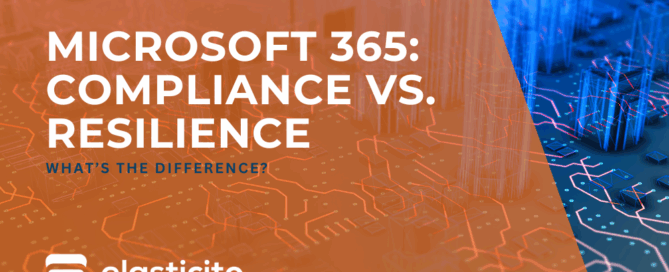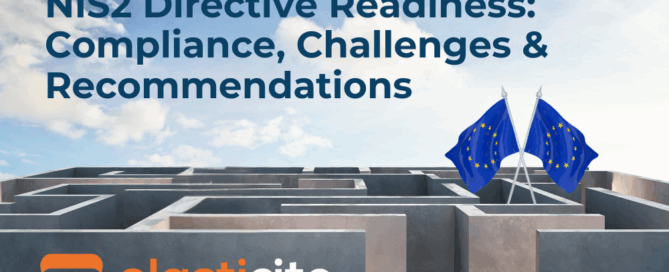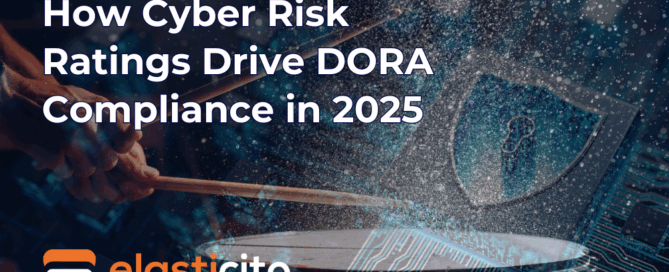Beyond Compliance: Why Data Privacy is the Future of Business
Beyond Compliance: Why Data Privacy is the Future of Business The digital landscape has fundamentally shifted. Data isn't just a core asset; it's the very lifeblood of a business. But with unprecedented data collection comes heightened scrutiny and a critical need for robust data privacy practices. Consumers, now more than ever, are aware of their digital footprint and are demanding transparency, control, and respect for their personal information. The companies that succeed in the coming years will be those that integrate data privacy into their core business strategy, moving beyond mere compliance to build a culture of trust. A 2024 Gartner survey revealed that 85% of consumers would consider taking their business elsewhere if they felt their personal data was being mishandled. This isn't just a legal obligation; it's a competitive advantage. Building customer trust requires a commitment to Privacy by Design, where data protection is a foundational principle from




